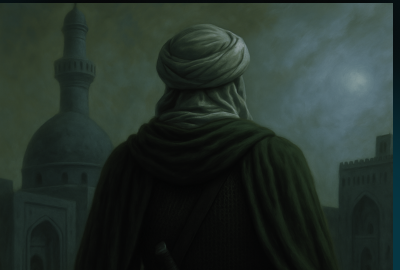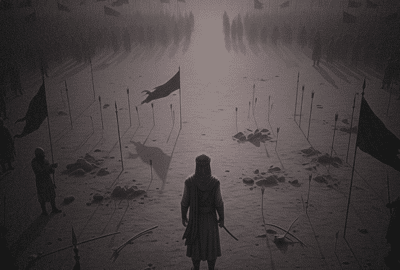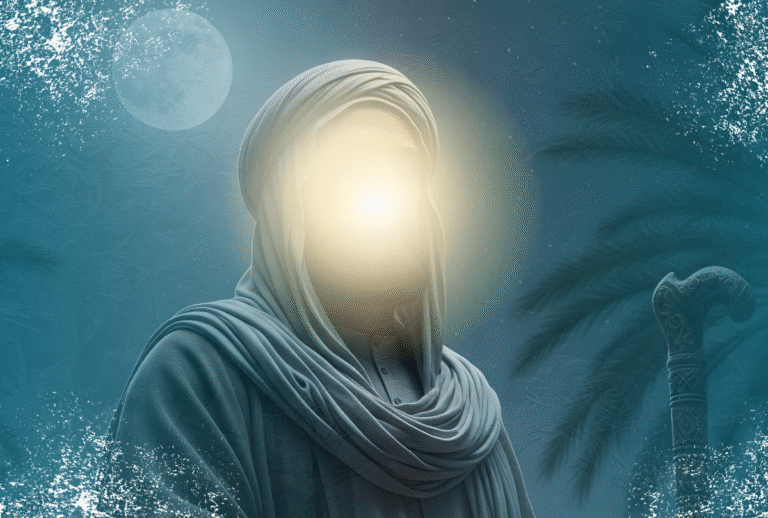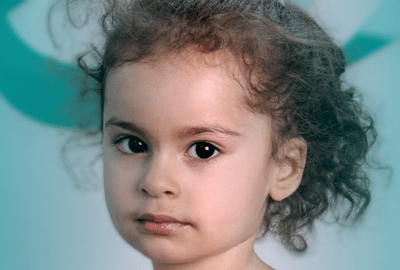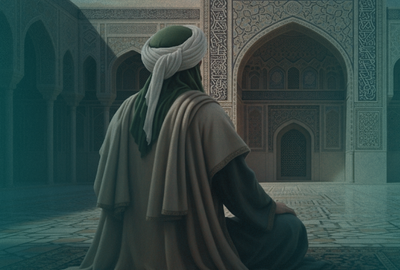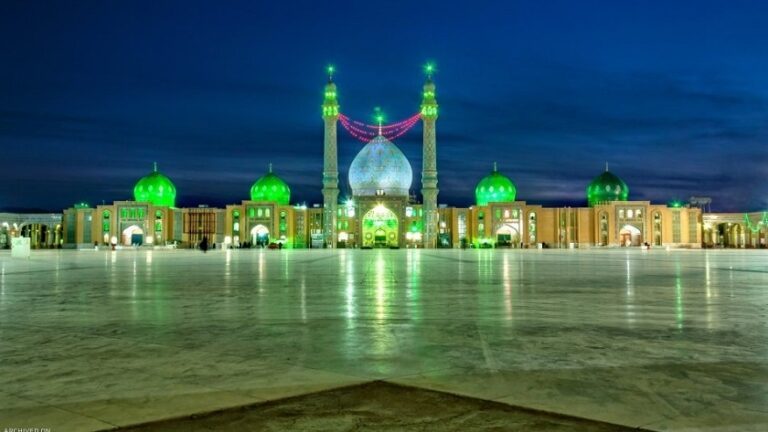Khums and our Role in a Collective Society
Embodying generosity as a way of living is a pinnacle of success in Islam, both personally and socially. The Quran is replete with verses on the benefits of giving in charity, benefits that do not only extend to the recipients of charity. The Quran illustrates how charity is an act that purifies the soul — a way of stamping out spiritual ailments such as greed, materialism, and selfishness:
“So be mindful of Allah to the best of your ability, listen and obey, and spend in charity for the benefit of your own soul. And whoever is saved from their own greed, these are the ones that are the successful.” (Quran, 64:16)
“Take of their wealth a charity by which you may purify them and cleanse them and may make them grow…” (Quran 9:103)
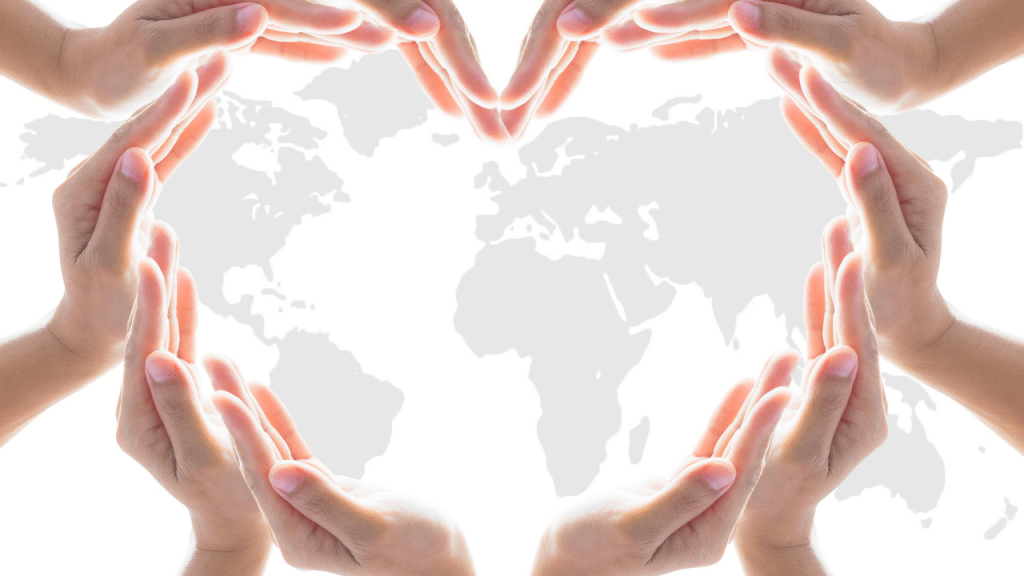
As a complete way of living, Islam is not limited to providing us with a personal code of conduct through which we learn how to improve ourselves as isolated individuals. Instead, it acknowledges our existence as embedded within a larger collective society. Through the Islamic way of living, we are responsible not only for own ourselves, our thoughts, and our behaviours within our personal spheres. We are also responsible for our behaviours and our existence as part of a social sphere, recognizing that we each have a role to play in the wellbeing of others. This is how we progress as a society, and progress towards perfection in faith.
Allah (SWT), in His wisdom, has allocated abundant wealth to some, and limited wealth to others, in the same way that everyone has different personalities, strengths, talents and knowledge to share with others as their unique gift in this world.
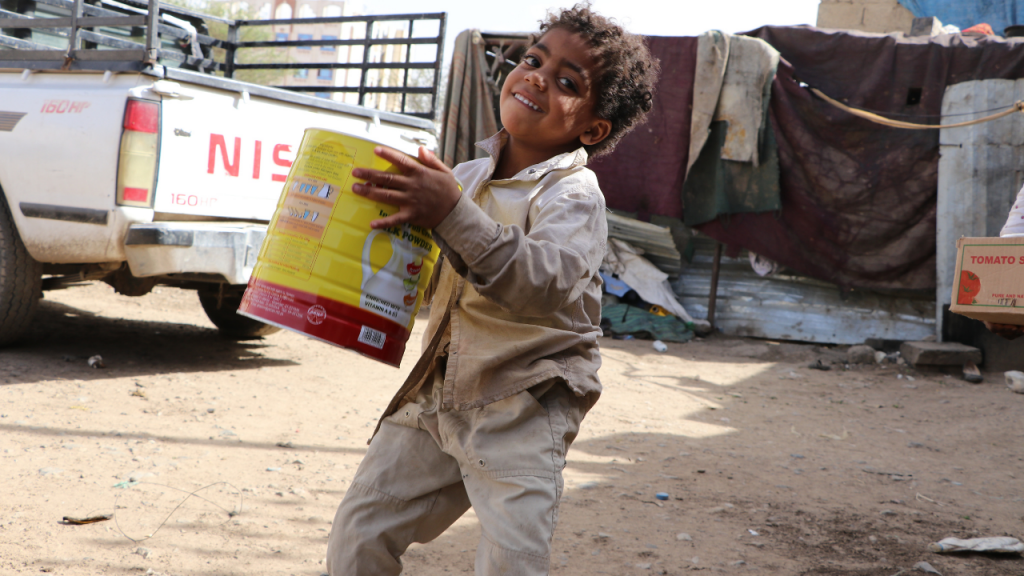
Khums, which literally translates to “one-fifth”, is an annual tax that is a form of charity parallel to zakat. Khums is part of the Islamic economic system that aims to bring justice to society and strengthen humanity by requiring Muslims to donate 20% of their excess wealth, or savings. These donations are used to assist the orphans and the needy, aid in relief efforts from disasters such as war, earthquakes and famine, as well as support the institutions that contribute to the growth and propagation of Islamic knowledge.
“Know that whatever of a thing you acquire, a fifth of it is for Allah, for the Messenger, for the near relative, and the orphans, the needy, and the wayfarer” (Quran 8:41)
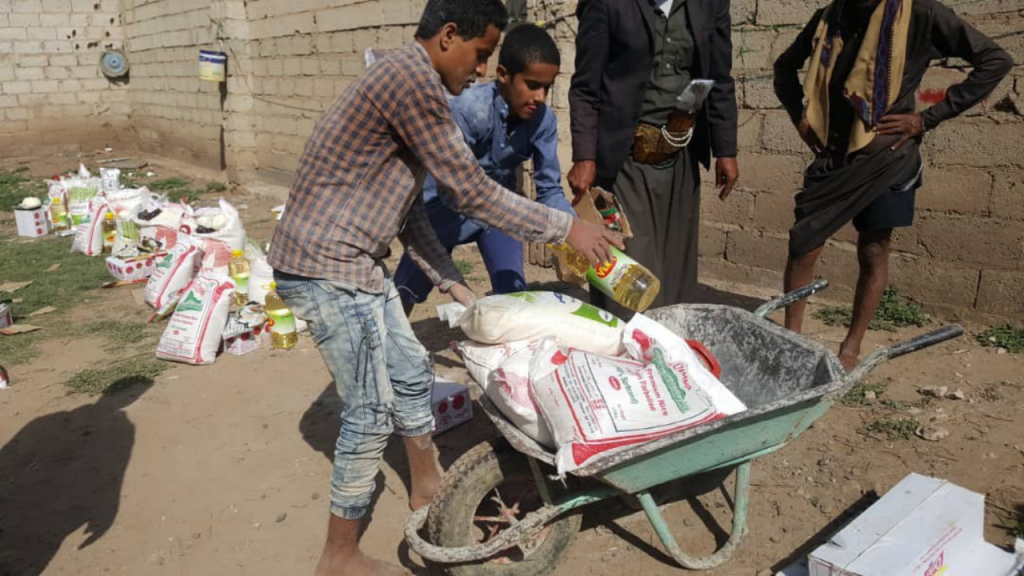
Typically, many Muslim households will mark one day of the calendar year, such as the New Year, on which they will calculate their expenditures and savings for the entire past year, and allocate 20% of their savings for that year to pay as their khums.
The Zahra(s) Trust Canada is a Khums-eligible charity. Consider donating your “one-fifth” to The Zahra(s) Trust Canada as a means of purification and to play your role in strengthening humanity.
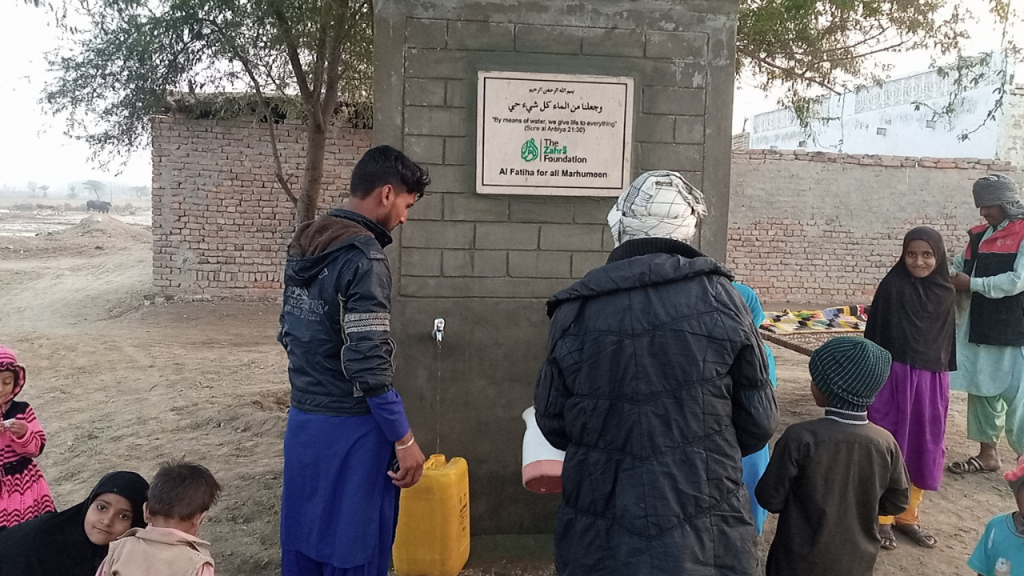
You can learn more about Khums, its purpose, and details about its calculation, in the book “Khums, an Islamic Tax”, written by Sayyid Muhammad Rizvi: https://www.al-islam.org/khums-islamic-tax-sayyid-muhammad-rizvi
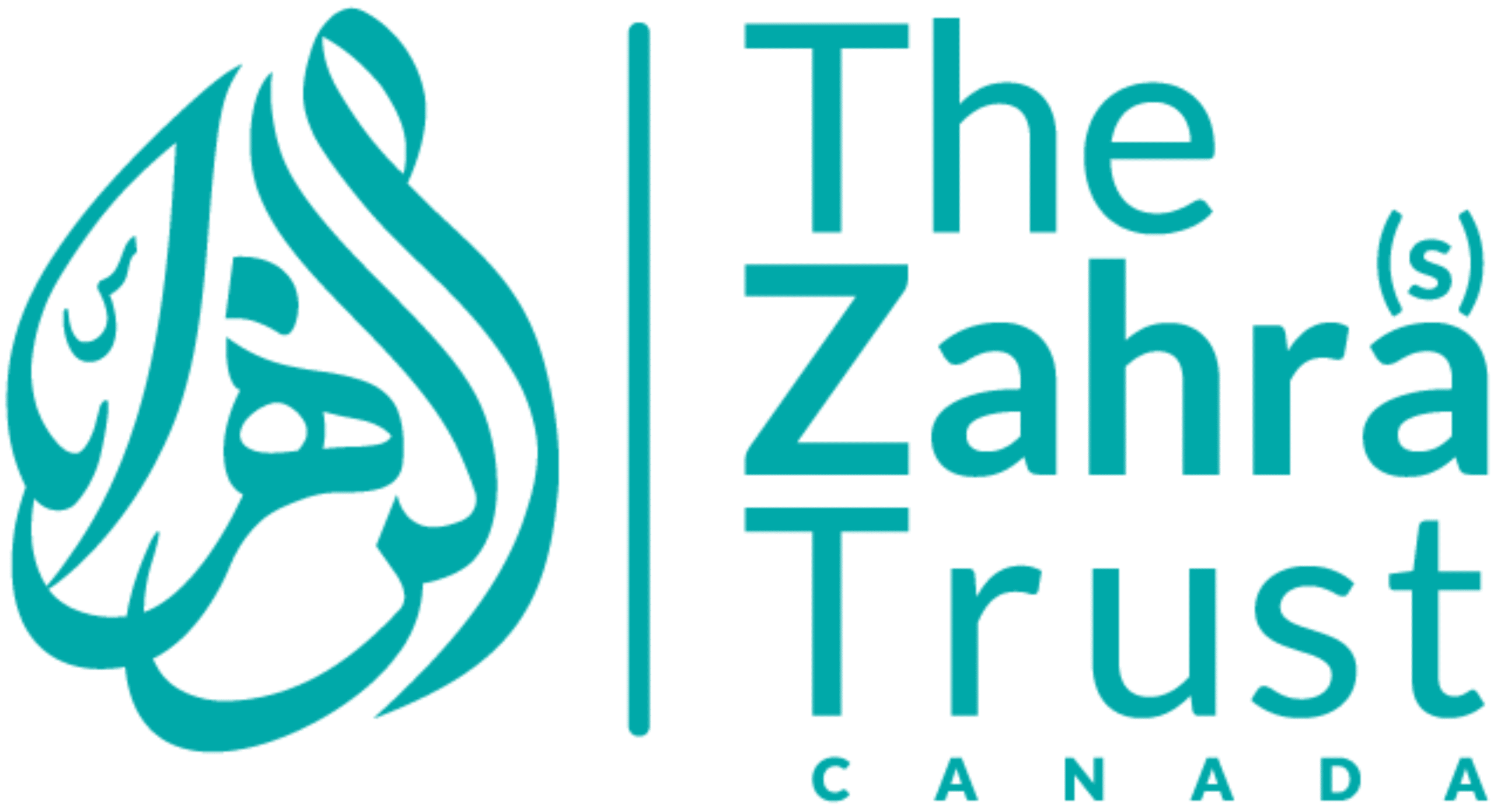

 Donate Now
Donate Now
 Donate
Donate

